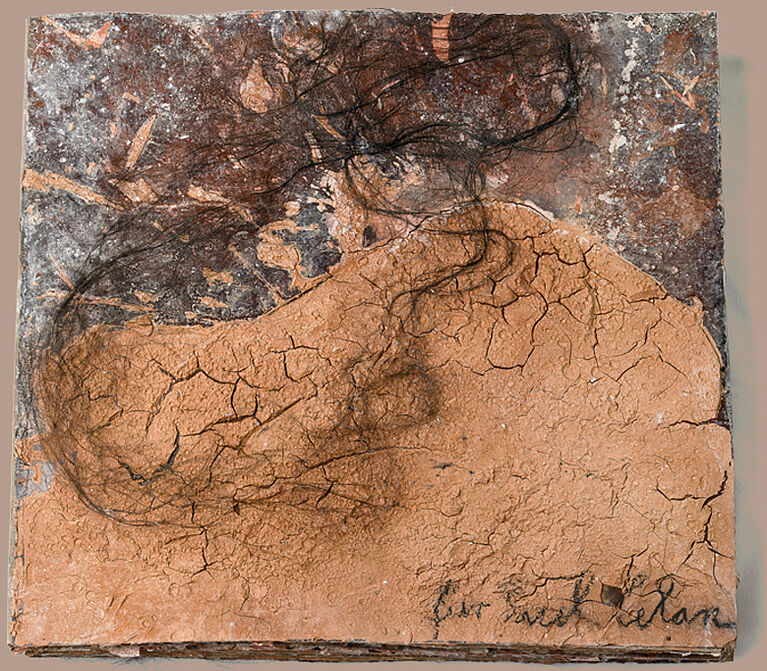Welcome to CHE – The research network for civic and history education in Europe
After three years of intense research, the results of the LLL-project (KA1) "Assessment, tutorial structures and initial teacher education of trainee students in the subjects Political/Civic Education, Social/Cultural Studies and History in Europe – a comparative study" are now available.
On this project's webport you will have access to the following informations and database/collections
- an archive of all meetings with reports;
- the network of experts and institutions working on the CHE-study: more than 40 European universities and institutions from East and West, North and South have contributed to this study, including the Russian Federation, Ukraine and Turkey;
- all results of the project, within presentations and articles;
- an information on the background of the comparative study and the aims of the project;
- information on previous projects within this network of teacher trainers and experts in the field of teacher training (ITT 2006, ITT SEE, ITT Pilot);
- publications and reports of this and previous projects;
- and all resources within more than thirty curricula for teacher education in the CHE-subjects from universities and teacher training institutions all over Europe.
With the following links you have access to the draft version of the full text of the comparative study:
- comparative study (acknowledgement, introduction, aims, organisations and methodology, questionnaire, results);
- working groups;
- thematic working group: interdisciplinarity;
- thematic working group: aspects of professionalisation;
- thematic working group: media literacy;
- thematic working group: conflict prevention and conflict analysis;
- list of contributors;
- references;
- list of teacher training institutions.
General information on the project:
This research project is supported by the European Commission in the framework of the Lifelong Learning Programme KA1 (Studies and Comparative Research) and the ERSTE Foundation.
It is coordinated by the Department for Didactics of History, Social Studies and Civic Education at the University of Vienna, Austria.
More than 30 European universities and institutions from East and West, North and South, including the countries of South East Europe, the Russian Federation, Ukraine and Turkey, contributed to this project.
Contributors to the project are:
Council of Europe, Euroclio, Georg Eckert Institute for International Textbook Research, research institutes of universities as well as experts from Albania, Austria, Belgium, Bosnia and Herzegovina, Bulgaria, Croatia, Cyprus, Czech Republic, Estonia, Finland, France, Germany, Hungary, Italy, Kosovo*, Former Yugoslav Republic of Macedonia, Malta, Moldova, Montenegro, Norway, Poland, Portugal, Romania, Russian Federation, Serbia, Slovakia, Slovenia, Spain, Sweden, Switzerland, Turkey, Ukraine and the United Kingdom.
Project Manager from 2010 to 2012: Barbara Hollendonner; from (Dec.) 2012 to 2013: Cornelia Bruell
For all questions concerning the project please contact the coordinator of the project, Alois Ecker (alois.ecker@univie.ac.at).
* All reference to Kosovo, whether to the territory, institutions or population, in this text shall be understood in full compliance with United Nations Security Council Resolution 1244 and without prejudice to the status of Kosovo.
